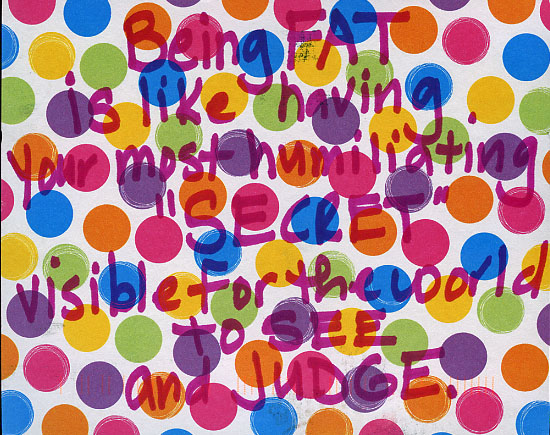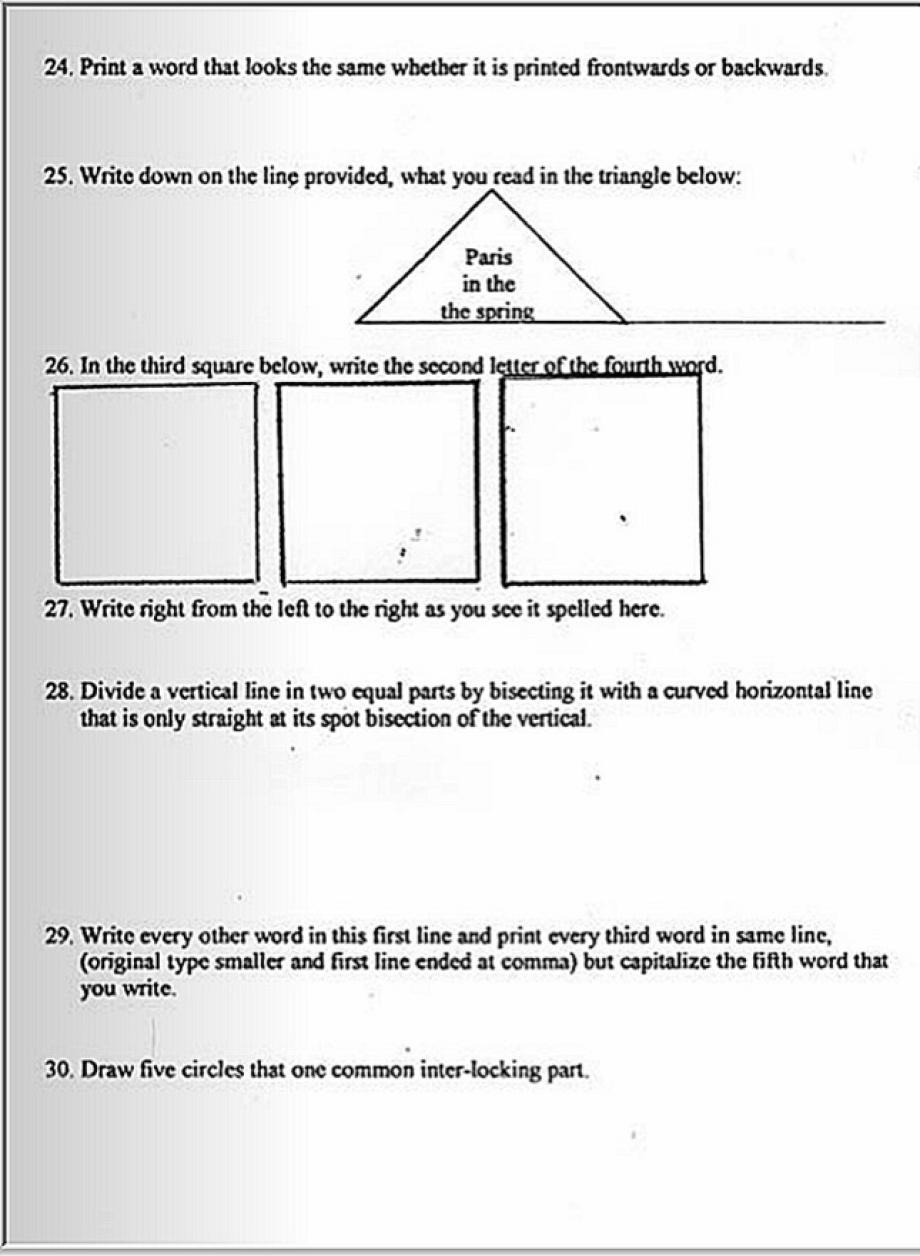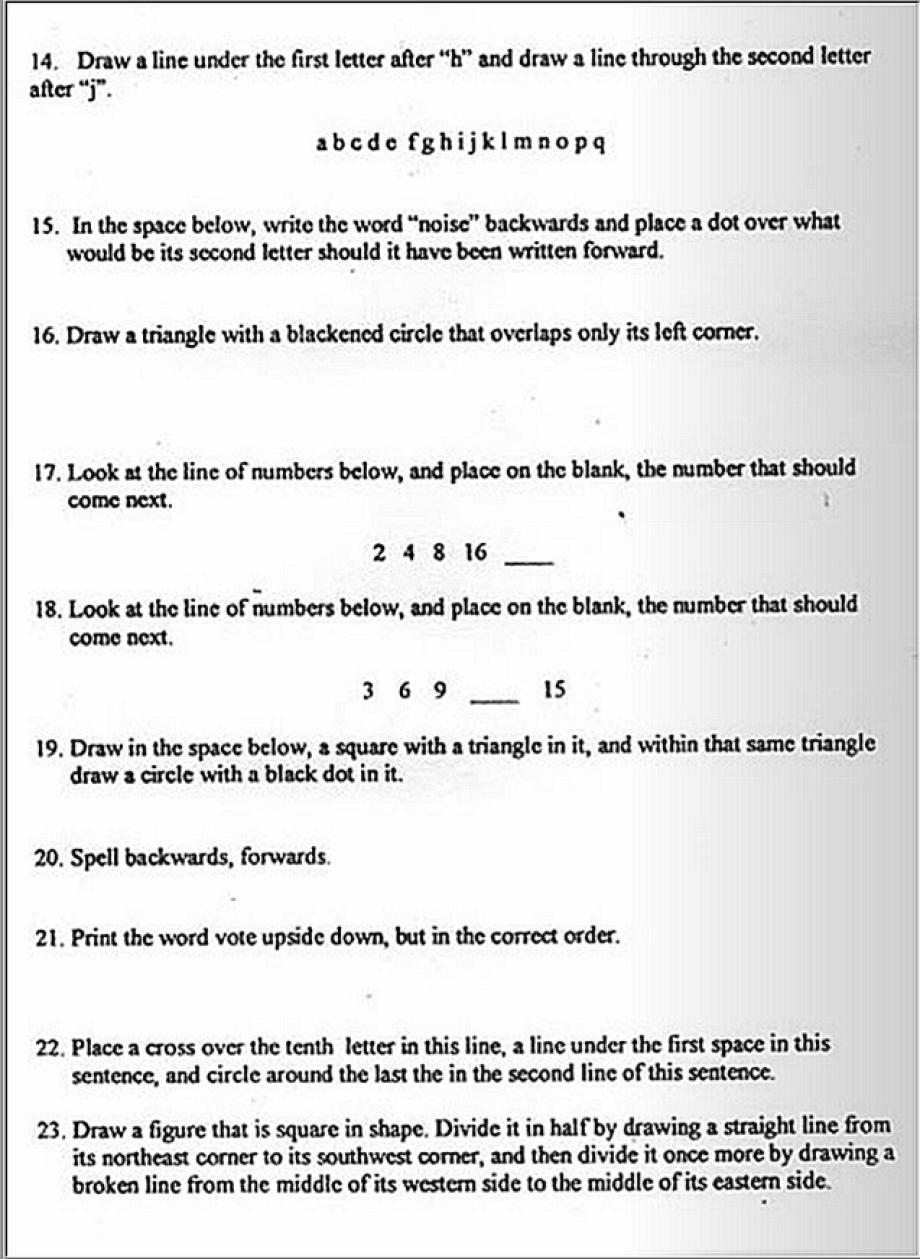Look at this cute ad from the 1950s. Mom is so satisfied as she watches her three children husband and two kids discover the Swift’s Premium bacon she just cooked up. We should wax nostalgic because that kind of feminine domesticity and helpless husbandry just isn’t expected in marriage any more. Right?
Wrong! Enjoy this dizzying ad from Maple Leaf in which a woman finally gets her three children husband and two kids to be decent human beings by feeding them, you guessed it, bacon:
Thanks to Tom Megginson, The Ethical Adman, for both of these examples and the title of this post.
Lisa Wade, PhD is an Associate Professor at Tulane University. She is the author of American Hookup, a book about college sexual culture; a textbook about gender; and a forthcoming introductory text: Terrible Magnificent Sociology. You can follow her on Twitter and Instagram.














